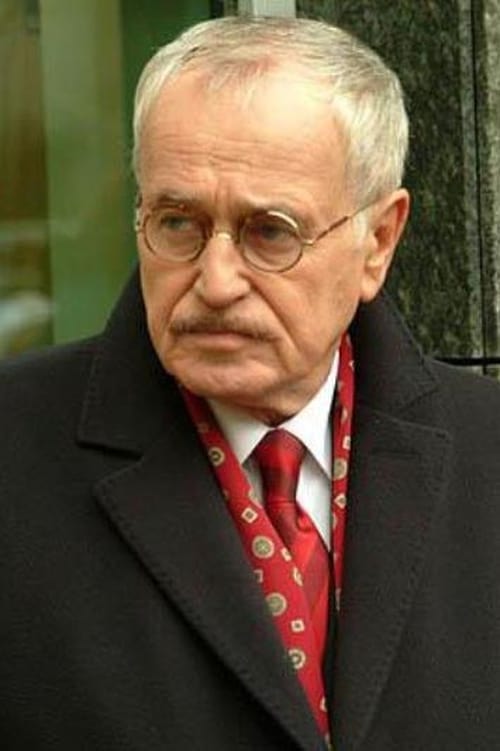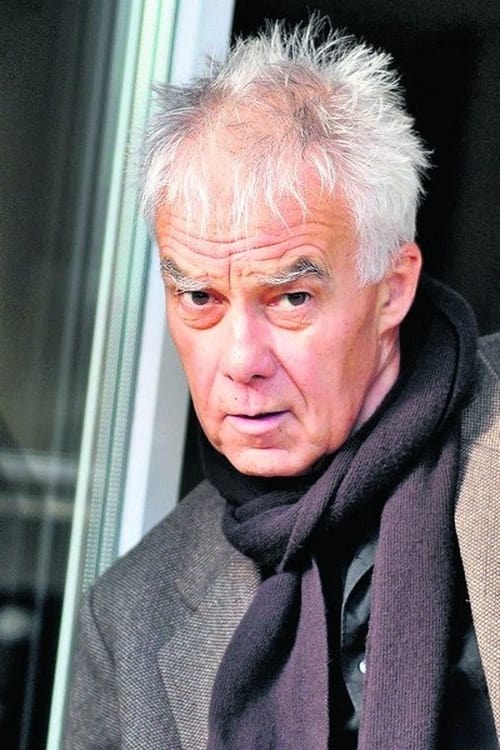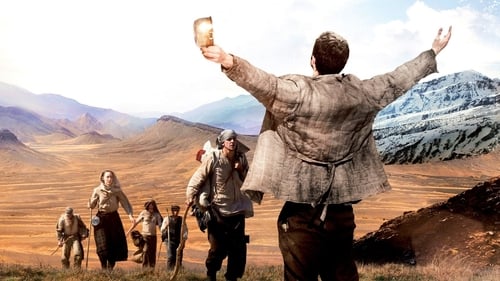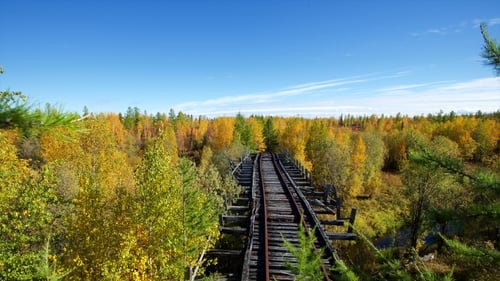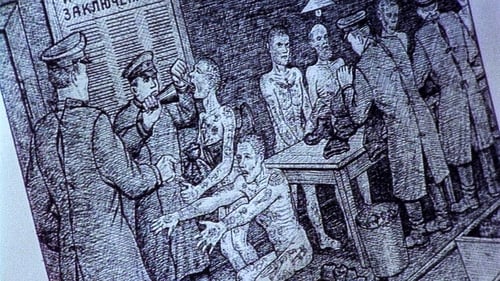Little Vilma: The Last Diary (2000)
Gênero : Drama
Runtime : 1H 44M
Director : Márta Mészáros
Sinopse
The movie is inspired by writer-director Márta Mészáros' own childhood. The film is a grim reminder of horrible days under Stalinist period when several innocent people were persecuted for no fault. A good film which allow people to know how people in Europe were tortured before second world war by dictators and authoritarian regimes.


